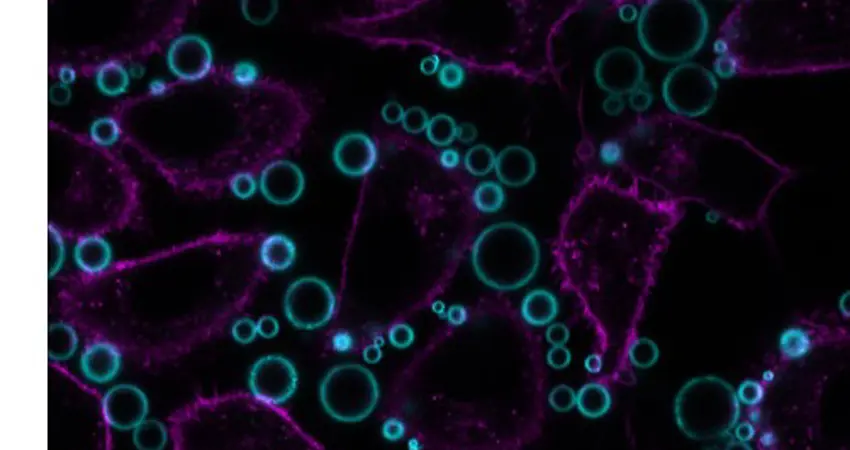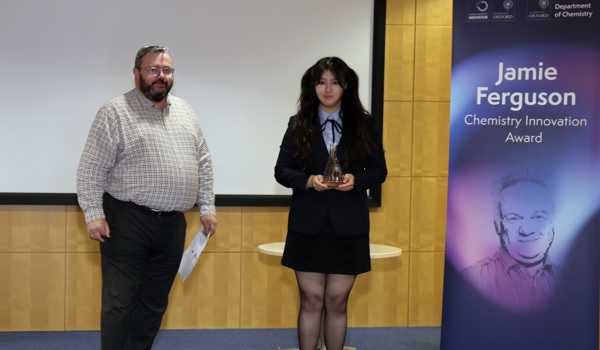09 Jun 2023
£36.5 million investment from the EPSRC could transform how patients are treated for conditions including cancer
Professor Eleanor Stride will lead one of the five projects being funded, working to develop an innovative way of managing diseases using low intensity ultrasound

Funding of £20 million will support scientists to develop and test innovative medical treatments and diagnostic tools using the latest advances in quantum, robot technology and imaging and a further investment of £16.5 million in new digital healthcare hubs across England will promote knowledge and skills sharing across a range of partners including the NHS, social care providers, universities and businesses.
Five research projects will create healthcare technologies for the future supported by the Engineering and Physical Sciences Research Council (EPSRC) and the Medical Research Council. They will develop a range of technologies from self-propelled robot endoscopes to portable brain imaging for stroke patients.
Professor Eleanor Stride of Oxford’s Institute of Biomedical Engineering leads one of the projects: ‘Engineering precision medicine for the 21st Century’, in collaboration with teams at University of Glasgow, Ulster University and King’s College London. The aim is to develop an innovative way of managing diseases using low intensity ultrasound. The UK is facing a care crisis due to its aging population and the increase in diseases such as cancer, stroke, Alzheimer's and drug resistant infections whose prevalence increases with age. Better therapeutic solutions are urgently needed to manage these conditions, prevent premature deaths, enable patients to continue living independently and ease the burden on care providers.
The project will build on the exciting new finding that microbubbles, currently used as imaging contrast agents, can be stimulated with low intensity ultrasound to produce light, offering a unique method for delivery of targeted therapies. The treatment could be used to manage diseases such as cancer, stroke, Alzheimer’s disease and drug resistant infections.
The research will bring together scientists from the disparate fields of quantum physics and pharmaceutical chemistry with biomedical engineers, immunologists, and clinicians to find ways to alleviate the care crisis.
Dr Kedar Pandya, Executive Director of Cross-Council Programmes of EPSRC, said: “The projects and hubs announced today will deliver a variety of innovative approaches to improve healthcare outcomes for patients. This investment will support scientists and engineers who are transforming the way we treat and diagnose diseases by using the latest developments in robotics, computer modelling and imaging.”




